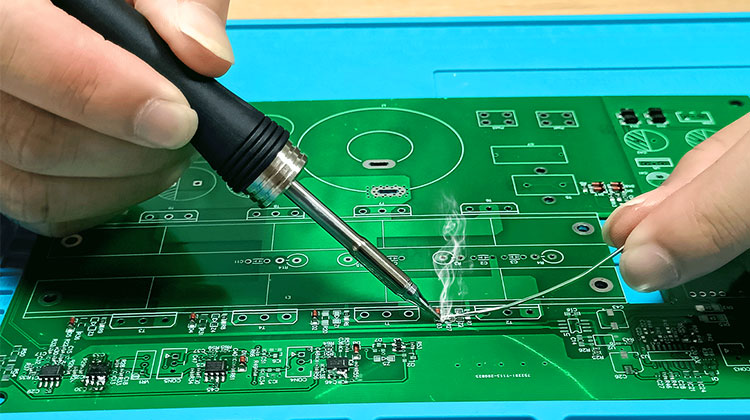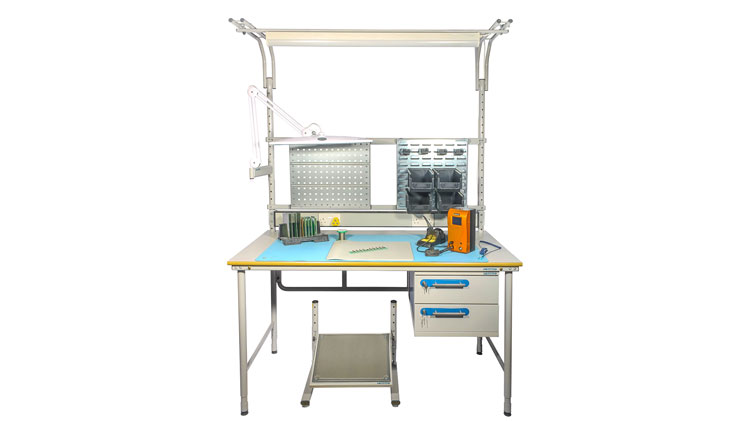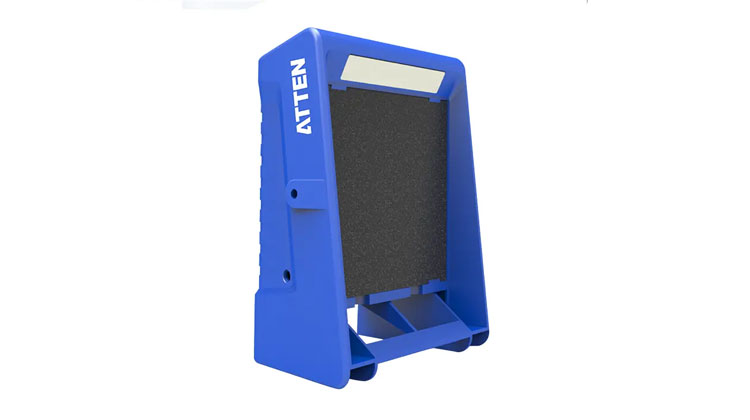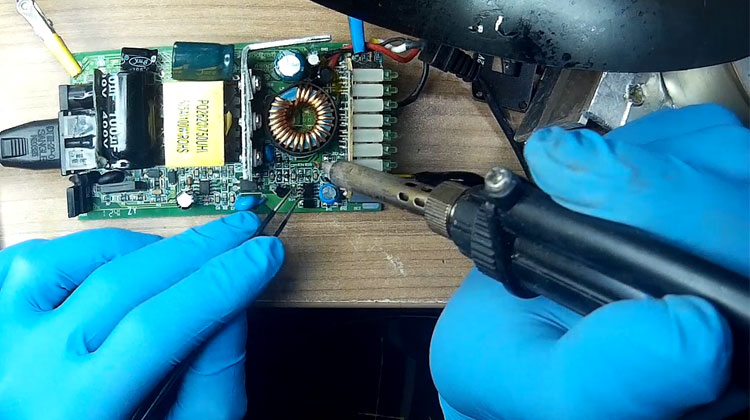Whether or not you should wear a mask when soldering depends on several factors, including the type of soldering being performed, the materials being used, and the ventilation of the workspace. In general, it's a good idea to wear a mask when soldering to protect yourself from inhaling harmful fumes.
One of the main reasons to wear a mask when soldering is to protect yourself from inhaling harmful fumes. Soldering produces fumes from the flux and the solder itself, which can be harmful to the respiratory system if inhaled. These fumes can cause various health problems, including lung damage, asthma, and cancer. To protect yourself from these hazards, it's important to wear a mask when soldering to prevent inhaling the fumes directly.

Another reason to wear a mask when soldering is to protect yourself from inhaling harmful particles. Some soldering processes, such as wave soldering, can produce fine particles of solder or flux that can be inhaled. These particles can harm the respiratory system and cause health problems if inhaled in large quantities. To protect yourself from these hazards, it's important to wear a mask designed to filter out fine particles, such as an N95 or P100 mask.
A third reason to wear a mask when soldering is to protect yourself from the heat and radiation produced by the soldering iron. Soldering irons can get very hot and produce ultraviolet (UV) and infrared (IR) radiation. These hazards can cause burns, eye damage, and other health problems if not properly protected. To protect yourself from these hazards, it's important to wear a mask that is designed to protect against heat and radiation, such as a welding mask or a full-face respirator.
In conclusion, it's a good idea to wear a mask when soldering to protect yourself from inhaling harmful fumes and particles and the heat and radiation produced by the soldering iron. By wearing a mask, you can help to reduce your risk of health problems and ensure that your soldering work is safe and effective.
In addition to the reasons mentioned above, there are a few other factors to consider when deciding whether or not to wear a mask when soldering.
One of these factors is the type of soldering performed. Some soldering processes, such as wave soldering or reflow soldering, produce more fumes and particles than others. If performing one of these soldering processes, it's particularly important to wear a mask to protect yourself from inhaling the fumes and particles.
Another factor to consider is the materials being used. Some solders and fluxes are more hazardous than others and can produce more harmful fumes or particles. If you are using materials that are known to be hazardous, it's particularly important to wear a mask to protect yourself from the fumes and particles.
Finally, it's important to consider the ventilation of the workspace. If the workspace is well-ventilated, with plenty of fresh air circulating, the concentration of fumes and particles will be lower, and it will be less necessary to wear a mask. However, if the workspace is poorly ventilated, with little or no fresh air, the concentration of fumes and particles will be higher, and it will be more important to wear a mask to protect yourself.

In summary, whether or not you should wear a mask depends on several factors, including the type of soldering performed, the materials used, and the ventilation of the workspace. Generally, it's a good idea to wear a mask when soldering to protect yourself from inhaling harmful fumes and particles and the heat and radiation produced by the soldering iron. By wearing a mask, you can help to reduce your risk of health problems and ensure that your soldering work is safe and effective.
It's important to note that while wearing a mask is a good idea when soldering, it's not the only safety measure that you should take. In addition to wearing a mask, there are several other steps that you can take to protect yourself and others while soldering.
One of these steps is to work in a well-ventilated area. As mentioned above, the concentration of fumes and particles will be lower in a well-ventilated workspace, reducing your risk of inhaling harmful substances. To ensure your workspace is well-ventilated, you should open windows, use fans or other ventilation equipment, and avoid blocking air intakes or exhausts.
Another step you can take to protect yourself while soldering is to use a fume extractor. A fume extractor is a device that is designed to capture and remove the fumes and particles produced during soldering before they can be inhaled. Using a fume extractor can greatly reduce the concentration of harmful substances in the air and protect yourself and others from inhaling them.

A third step to protect yourself while soldering is to use personal protective equipment (PPE), such as gloves and safety glasses. Gloves can protect your hands from burns, cuts, and other injuries, while safety glasses can protect your eyes from the heat and radiation produced by the soldering iron. By using PPE, you can help to reduce your risk of injuries and accidents while soldering.

In conclusion, wearing a mask is a crucial safety measure when soldering, but it's not the only one. In addition to wearing a mask, you should also work in a well-ventilated area, use a fume extractor, and use personal protective equipment (PPE) to protect yourself from the hazards of soldering. By following these guidelines, you can help to ensure that your soldering work is safe and effective.
Contact: Mr. Li
Phone: (0086) 138 24254 321
E-mail: atetool@atetool.com.cn
Add: 5F, 1-2# Building, Tongfuyu Industrial Zone, Aiqun Rd, Shiyan Subdistrict, Bao'an, Shenzhen, 518108, China